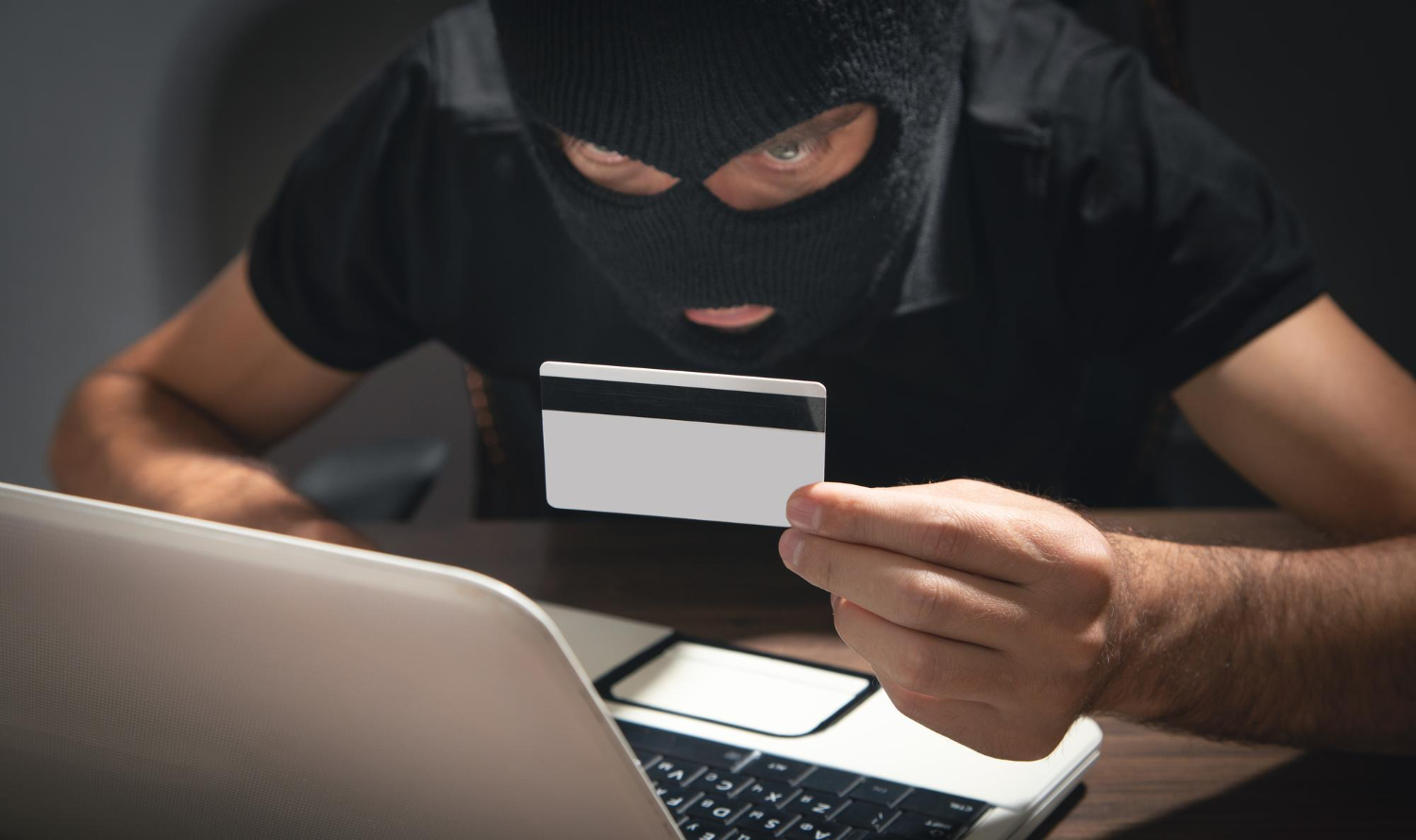Credit card fraud: How to identify, prevent and report suspicious activities

Anúncios
Credit card fraud is a serious issue affecting millions of consumers annually.
With advancements in technology and the growing use of digital payment methods, fraudsters have developed sophisticated tactics to steal credit card information and exploit vulnerabilities.
Anúncios
Staying well-informed is the first step to protecting yourself. This guide explores the most common types of credit card fraud, how to identify fraudulent activities, and steps to report them.
Stay ahead of potential threats by understanding these essential insights and implementing effective security practices.
Anúncios
What is credit card fraud?
Credit card fraud occurs when someone uses your credit card or credit card details without your authorization.
This can lead to financial loss, damage your credit score, and create inconveniences as you go through the recovery process.
Fraudsters use a variety of methods, including physical theft and online scams, to exploit unsuspecting individuals.
Understanding what credit card fraud involves helps you remain vigilant and proactive in protecting your financial assets.

Main types of credit card fraud
Credit card fraud manifests in various forms, each requiring specific preventive measures. Below are the most common types of fraud you should know about.
Credit card skimming
Skimming is a method where criminals use hidden devices to steal credit card information during legitimate transactions.
These devices are often installed on ATMs, gas pumps, or payment terminals.
When your card is swiped, the skimmer captures the card’s details. Skimming is particularly dangerous because it’s hard to detect without careful inspection.
Always inspect machines for unusual additions. Use ATMs in secure locations. Opt for contactless payment methods whenever possible.
Lost or stolen credit cards
Losing your credit card or having it stolen is one of the simplest ways for fraudsters to access your account.
Once they have your card, they can make unauthorized purchases or withdrawals. Report a lost or stolen card to your issuer immediately.
Enable real-time transaction alerts to identify unauthorized use instantly.
Account takeover
Account takeover fraud happens when criminals gain unauthorized access to your credit card account.
They may use phishing scams, malware, or stolen credentials to gain control, enabling them to make changes, request replacement cards, or make fraudulent purchases.
Use strong, unique passwords for all your accounts. Enable two-factor authentication. Monitor your accounts regularly for suspicious activities.
Fraudulent credit card applications
Fraudulent credit card applications occur when a thief uses stolen personal information, such as your Social Security number and date of birth, to apply for a credit card in your name.
This type of fraud can severely impact your credit score and take months to resolve. Regularly monitor your credit report.
Set up a credit freeze to prevent unauthorized credit inquiries.
Gift card fraud
Gift card fraud is a growing problem, often involving the use of stolen credit card details to purchase gift cards.
In some cases, fraudsters trick victims into buying gift cards under false pretenses, posing as a government official or a business representative.
Only purchase gift cards from reputable retailers. Never share the card number or PIN with anyone claiming to represent a legitimate organization.

How to identify credit card fraud
Identifying credit card fraud early can minimize its impact and prevent significant financial losses. Here are practical steps to detect fraudulent activities:
Regularly check your statements
Reviewing your credit card statements frequently is one of the simplest ways to identify suspicious transactions.
Fraudsters often start with small purchases to test the card’s validity before making larger charges.
Analyze your statements line by line and report any unfamiliar charges to your credit card issuer immediately.
Monitor your credit reports
Your credit report is an essential tool for identifying credit card fraud. Unauthorized accounts, inquiries, or changes in your credit file can indicate fraudulent activity.
By law, you’re entitled to one free credit report annually from each of the three major credit bureaus: Equifax, Experian, and TransUnion.
Review these reports regularly to catch fraud early and take corrective measures.
Set up account alerts
Most banks and credit card issuers offer account alert services, notifying you about real-time transactions via text or email.
These alerts enable you to quickly identify unauthorized transactions and act before further damage occurs.
Configure alerts for transactions above a specific amount or purchases made in unfamiliar locations.
Protect your personal information
Safeguarding your personal information is crucial to avoiding credit card fraud. Fraudsters often rely on stolen data to commit their crimes.
Avoid sharing sensitive information online or over the phone unless you’re sure of the recipient’s identity.
Be cautious of phishing attempts and ensure websites used for transactions are secure.

How to report credit card fraud
If you suspect or confirm that you’re a victim of credit card fraud, acting quickly is essential to minimize its impact. Here are the steps to report fraud and mitigate additional risks.
- Contact your credit card issuer: Your first step should always be to notify your credit card issuer. Most companies have 24/7 fraud hotlines to help you freeze your account, dispute unauthorized charges, and issue replacement cards.
- Place a fraud alert with credit agencies: Placing a fraud alert with one of the major credit bureaus ensures creditors verify your identity before approving new credit applications. This is a crucial step in preventing further fraudulent activities.
- File a complaint with the FTC: Reporting credit card fraud to the Federal Trade Commission (FTC) helps create a formal record of the incident. Visit IdentityTheft.gov to file your report and access resources to aid in the recovery process.
- Notify local law enforcement: Filing a police report can provide additional documentation that may be helpful when disputing charges or resolving issues with creditors. Include all relevant details, such as the date and nature of the fraud.
- Keep records of all correspondence: Maintaining detailed records of your communication with credit card companies, credit agencies, and law enforcement is crucial. This documentation can be invaluable if disputes escalate or require further investigation.
Credit card fraud is a significant issue, but with the right knowledge and precautions, you can protect yourself from becoming a victim.
By understanding the different types of fraud, learning how to identify suspicious activities, and taking immediate steps to report incidents, you can safeguard your finances and personal information.
For more practical tips and advice on managing your credit and improving your financial security, explore our website.
Remember that staying informed and vigilant is your best defense against credit card fraud. Take control of your financial security today!
Want a suggestion? Also, check out our content explaining how business credit cards work.





